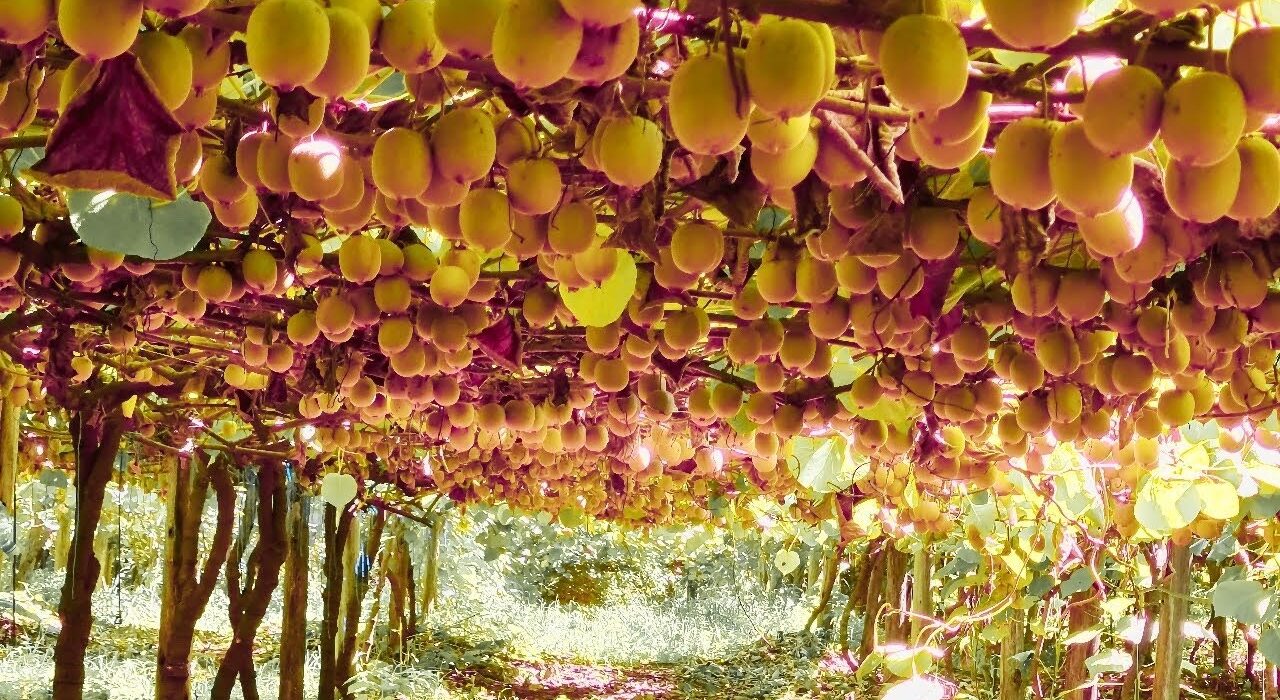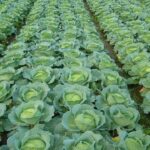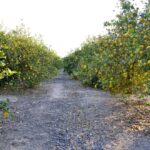Kiwi fruit farming is gradually gaining traction in Kenya as more farmers recognize the potential of this high-value crop. While traditionally overshadowed by other horticultural produce, the kiwi’s growing demand in local and international markets presents a lucrative opportunity for Kenyan agripreneurs. This article explores the essentials of kiwi farming, from its ecological requirements to market dynamics, offering practical insights for farmers ready to tap into this emerging niche.
Overview of the Kiwi Fruit
The kiwi fruit (Actinidia deliciosa) is a nutrient-packed delicacy known for its fuzzy brown exterior and vibrant green or golden flesh. Its sweet and tangy flavor, combined with numerous health benefits, has propelled it into global prominence. Although originally native to China, kiwi cultivation has spread worldwide, with Kenya’s temperate regions proving suitable for its growth.
Why Consider Kiwi Farming?
Kiwi farming offers several advantages:
- High Market Value: Kiwi commands premium prices both locally and internationally.
- Longevity: Once established, kiwi vines can remain productive for up to 30 years.
- Health Appeal: Growing consumer interest in healthy, nutrient-rich foods drives demand.
- Export Potential: Kenya’s strategic location and growing expertise in horticulture position it well for kiwi exports.
Ecological Requirements for Kiwi Cultivation
Successful kiwi farming depends on specific environmental and soil conditions:
- Climate: Kiwi thrives in areas with moderate temperatures and abundant sunlight. Frost and extreme heat can hinder growth.
- Soil: Fertile, well-drained soils with a pH range of 5.5 to 7.0 are ideal. Incorporating organic matter improves soil quality and supports healthy vines.
- Water Supply: Consistent soil moisture is essential, particularly during flowering and fruit development. Drip irrigation systems are highly recommended.
- Protection from Wind: Strong winds can damage kiwi vines and affect fruit quality, necessitating sheltered planting sites.
Suitable Growing Regions in Kenya
Kenya’s temperate zones provide an excellent environment for kiwi cultivation. The following areas have shown promise for kiwi farming:
- Kiambu
- Nyeri
- Meru
- Nyandarua
- Kericho
- Eldoret
- Bomet
- Kisii
- Nandi Hills
- Kakamega (select areas)
These regions benefit from favorable climates, fertile soils, and adequate rainfall, creating optimal conditions for kiwi farming.
Propagation Methods
Farmers can propagate kiwi using:
- Seeds: While this method is cost-effective, seed-grown plants take longer to mature and may produce variable fruit quality.
- Stem Cuttings: The preferred method for commercial farming, stem cuttings ensure uniformity and faster growth. Farmers are advised to obtain cuttings from healthy, disease-free vines to maximize productivity.
Planting and Maintenance
Kiwi vines are climbers that require robust support systems such as trellises. Proper care ensures healthy growth and high yields:
- Planting: Prepare planting holes approximately 60 cm deep and wide. Add compost or manure to enrich the soil and space plants 3–4 meters apart.
- Pruning: Regular pruning enhances vine structure, boosts air circulation, and improves fruit quality.
- Fertilization: Apply fertilizers rich in nitrogen, phosphorus, and potassium. Organic fertilizers are particularly beneficial for soil health.
- Pest and Disease Management: Common issues include aphids, spider mites, and fungal infections. Integrated pest management strategies can help maintain plant health.
Maturity and Yield
Kiwi vines take 2–4 years to mature and begin producing fruit. Once established, a single plant can yield over 200 fruits annually. An eighth of an acre can accommodate approximately 50 vines, translating to over 10,000 fruits per harvest at full capacity.
Market Opportunities
The kiwi market in Kenya is expanding, with opportunities for both local sales and export. Here’s a breakdown of the market landscape:
Local Market
Kiwi fruits are sold in supermarkets, grocery stores, and open-air markets. Prices vary depending on size:
- Grade A (over 80 grams): Ksh 100 per fruit
- Grade B (40–80 grams): Ksh 80 per fruit
Export Market
Global demand for kiwi is on the rise, especially in Europe and the Middle East. Kenyan farmers can capitalize on this by meeting export standards, including proper grading, packaging, and certification.
Nutritional and Health Benefits
Kiwi fruit is celebrated for its exceptional nutritional profile, making it a staple in health-conscious diets. Benefits include:
- Boosting Immunity: High levels of Vitamin C strengthen the immune system and combat oxidative stress.
- Heart Health: Polyphenols and potassium in kiwi help lower blood pressure and reduce cardiovascular risks.
- Digestive Aid: The fruit’s fiber content supports gut health and prevents constipation.
- Skin Care: Antioxidants in kiwi enhance skin elasticity and reduce signs of aging.
- Weight Management: Low-calorie and nutrient-dense, kiwi is perfect for weight-conscious individuals.
Challenges Facing Kiwi Farming in Kenya
Despite its potential, kiwi farming in Kenya is not without challenges:
- Limited Awareness: Many farmers lack knowledge about kiwi farming’s profitability and best practices.
- High Startup Costs: Establishing a kiwi farm, especially trellis construction and irrigation systems, requires significant investment.
- Quality Planting Material: Access to certified, disease-free seedlings remains a challenge for many farmers.
- Market Access: While local demand is growing, accessing export markets requires infrastructure and compliance with stringent standards.
- Pest and Disease Control: Without proper management, pests and diseases can significantly reduce yields.
Kiwi farming presents a golden opportunity for Kenyan farmers to diversify their crops and increase their earnings. With its growing market demand and impressive returns, this superfruit can transform the agricultural landscape in Kenya. By leveraging modern farming techniques, accessing quality seedlings, and targeting both local and international markets, farmers can unlock the full potential of kiwi farming.





